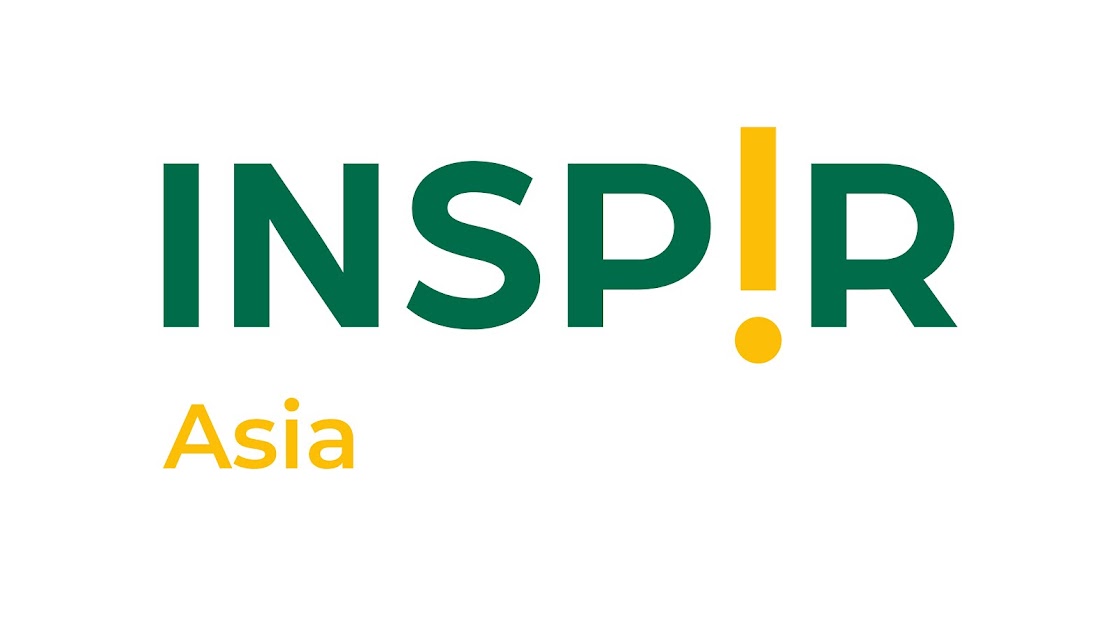While in many places, social security is under threat, in Nepal, new historic social security legislation was passed and last week they started the implementation.
In July 2017, after 18 years of lobbying by the trade unions, WSM partners, a universal social security bill was passed which has paved the way for the government to four main social security schemes. For the very first time, all those working in formal and informal sectors will be covered by unemployment, maternity, health, accident, old age and disability benefits. Workers will contribute 11%, while employers 20% and the government will ensure the management of the system.

Of course, passing legislation is an important step, but to guarantee implementation, it needs to be widely known and accepted. In an unprecedented PR move, the government took out adds in all newspapers, covering the entire first page with this news, SMS were send to subscribers, billboards were placed all over town to graphically show the four schemes. The 27th of November was declared National Social Security Day, to be celebrated yearly and offering an opportunity to yearly remind the government of its now very public commitment.
And of course, WSM partners as trade unions gathered many of their members across the country to celebrate and inform workers of these new rights, and they'll be there to help ensure the government rolls out all schemes and doesn't just stop at these four basic schemes.
In July 2017, after 18 years of lobbying by the trade unions, WSM partners, a universal social security bill was passed which has paved the way for the government to four main social security schemes. For the very first time, all those working in formal and informal sectors will be covered by unemployment, maternity, health, accident, old age and disability benefits. Workers will contribute 11%, while employers 20% and the government will ensure the management of the system.

Of course, passing legislation is an important step, but to guarantee implementation, it needs to be widely known and accepted. In an unprecedented PR move, the government took out adds in all newspapers, covering the entire first page with this news, SMS were send to subscribers, billboards were placed all over town to graphically show the four schemes. The 27th of November was declared National Social Security Day, to be celebrated yearly and offering an opportunity to yearly remind the government of its now very public commitment.
And of course, WSM partners as trade unions gathered many of their members across the country to celebrate and inform workers of these new rights, and they'll be there to help ensure the government rolls out all schemes and doesn't just stop at these four basic schemes.



